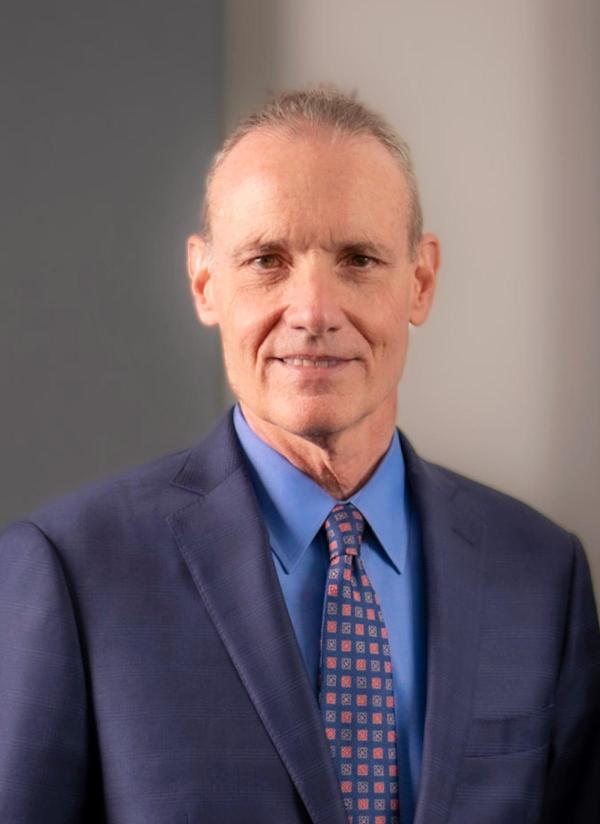By William (Bill) J. Kelly, CAIA, the President & CEO of the CAIA Association.
Vaudeville was a time more than a place. It was defined by grandiosity, although often described more narrowly as a genre. The concept was born in France in the late 19th century but grew up and thrived for several decades, mostly in the United States. These were live acts featuring often unknown performers and a single bill could include a strongman, a ventriloquist, a magician, and a clown. There were plenty of comedians, aspiring or otherwise, on the slate too, and the Marx Brothers were one such act that sustained where many others flamed out. The goal of any of these acts was to leave Vaudeville for the greater fame and fortune of the cinema, the radio, and eventually television. It was a Marx brother named Groucho that navigated this so very well, traversing the seedy and sometimes bawdy venues, to the more refined studios of ABC Radio, and eventually NBC-TV, with what became his long-running comedy and quiz show, You Bet Your Life.
Betting your life, or life savings, is never a good strategy although there are interesting take-aways which we can learn from Groucho with an assist from CAIA Association, and those are the concepts of skewness and kurtosis around a distribution of outcomes. A quiz show is a lot like a lottery: a series of small investments or bets, that often prove to be worth little or less, with the exceedingly rare opportunity for that big payout. In investment parlance, such a distribution of said outcomes displays positive skewness and excess kurtosis (leptokurtic).
Private equity returns behave much in the same way where the mean, or average return, is (much) higher than the median, with the top performing funds disproportionately influencing the distribution of overall results. Manager selection is extremely important in navigating this positive skew as researched and reported by Adams Research Partners. Another interesting but older analysis by Goldman Sachs can be found here, where the central (moment) theme has aged quite well. No surprise then, that performance dispersion, between the median IRRs and those in the top quartile, is separated by thousands of basis points over rolling 10-year periods of time (see JP Morgan Guide to Alternatives, Page7).
All of this brings us back to Groucho and one of his most famous quotes, "I don’t want to belong to any club that will accept me as a member." This sounds a lot like the clubby world of private equity which eschewed the more pedestrian retail investor until the slow but secular decline in defined benefit pools gradually ceded dominance to the little guy (as measured by control over the global AUM pie). Now that club really wants them, and there is even a retail-varietal PE fund offering known by the soothing acronym ‘AAA’, promising S&P like returns with lower volatility. Should they enter this private club that loves them now, or follow the (Groucho) Marxist theory where access to the desired returns may simply be out of the reach of the proletariat?
An interesting view on this very topic courtesy of Laurence Siegel came out last month and his analysis might surprise you given his positive long-term outlook for The Future of the Endowment Model. In this more recent article, he asks and answers the question of whether Alternatives (are suitable) for the Masses. Spoiler Alert— He sides with Groucho for portfolios sized at $10 million or less.
I will close with one more gem from Groucho Marx. The first part of this quote is highly correlated to fiduciary duty, “The secret of life (and investing!) is honesty and fair dealing.” The second part, “If you can fake that, you’ve got it made,” must never be allowed to define our relationship with any investor who comes to us seeking advice, guidance, and trust. Sometimes the answer may just need to be ‘NO!’ to that private club which is so eagerly looking for them to join.
Seek education, diversity of both your portfolio and people, and know your risk tolerance. Investing is for the long term.
About the Author:
William (Bill) J. Kelly, CAIA, is the President & CEO of the CAIA Association. Bill has been a frequent industry speaker, writer, and commentator on alternative investment topics around the world since taking the leadership role at the CAIA Association in January, 2014.

Previously, Bill was the CEO of Boston Partners and one of seven founding partners of the predecessor firm, Boston Partners Asset Management which, prior to a majority interest being sold to Robeco Group in Rotterdam in 2002, was an employee-owned firm. Bill’s career in the institutional asset management space spans over 30 years where he gained extensive managerial experience through successive CFO, COO and CEO roles. In addition to his current role, Bill is a tireless advocate for shareholder protection and investor education and is currently the Chairman and lead independent director for the Boston Partners Trust Company.
He has previously served as an independent director and audit committee chair for ’40 Act Mutual Funds and other financial services firms. He is also currently an Advisory Board Member of the Certified Investment Fund Director Institute which strives to bring the highest levels of professionalism and governance to independent fund directors around the world. A member of the board of the CAIA Association, Bill also represents CAIA in similar capacities via their global partnerships with other associations and global regulators. Bill began his career as an accountant with PwC and is a designated Audit Committee Financial Expert in accordance with SEC rules. Follow Bill Kelly on Twitter @CAIA_BillKelly




